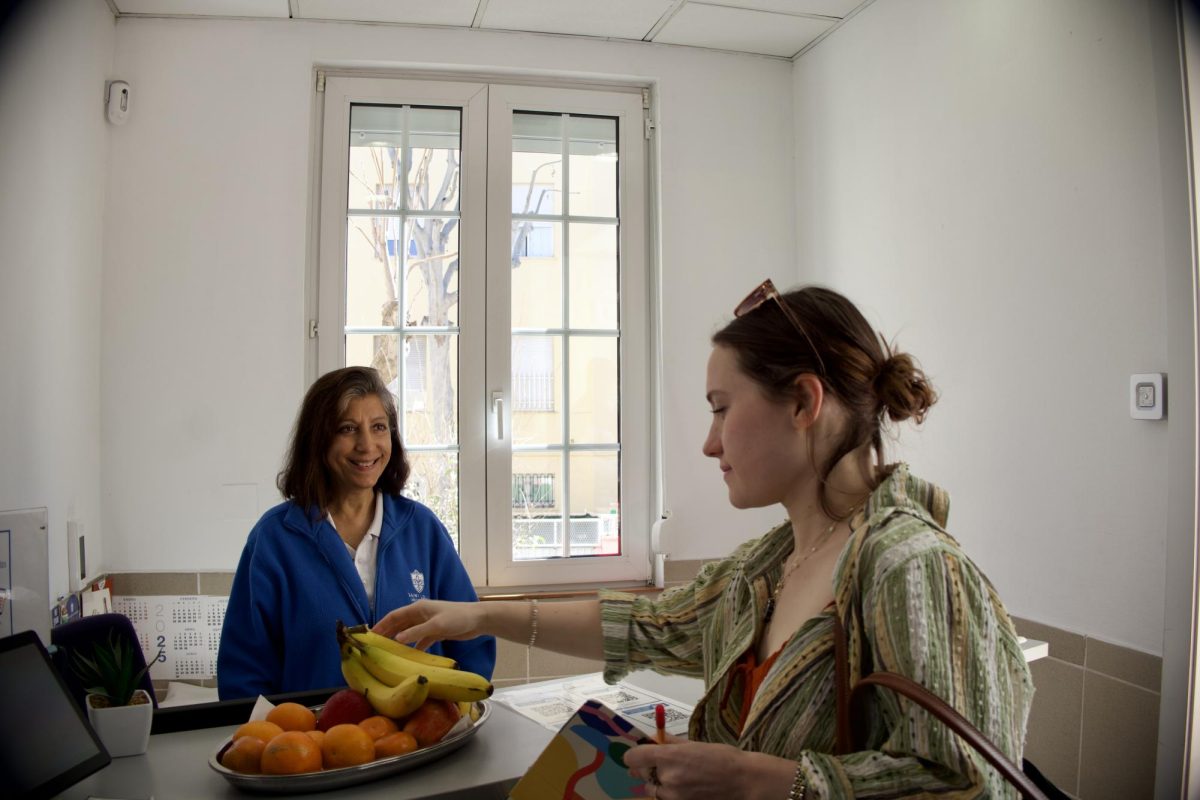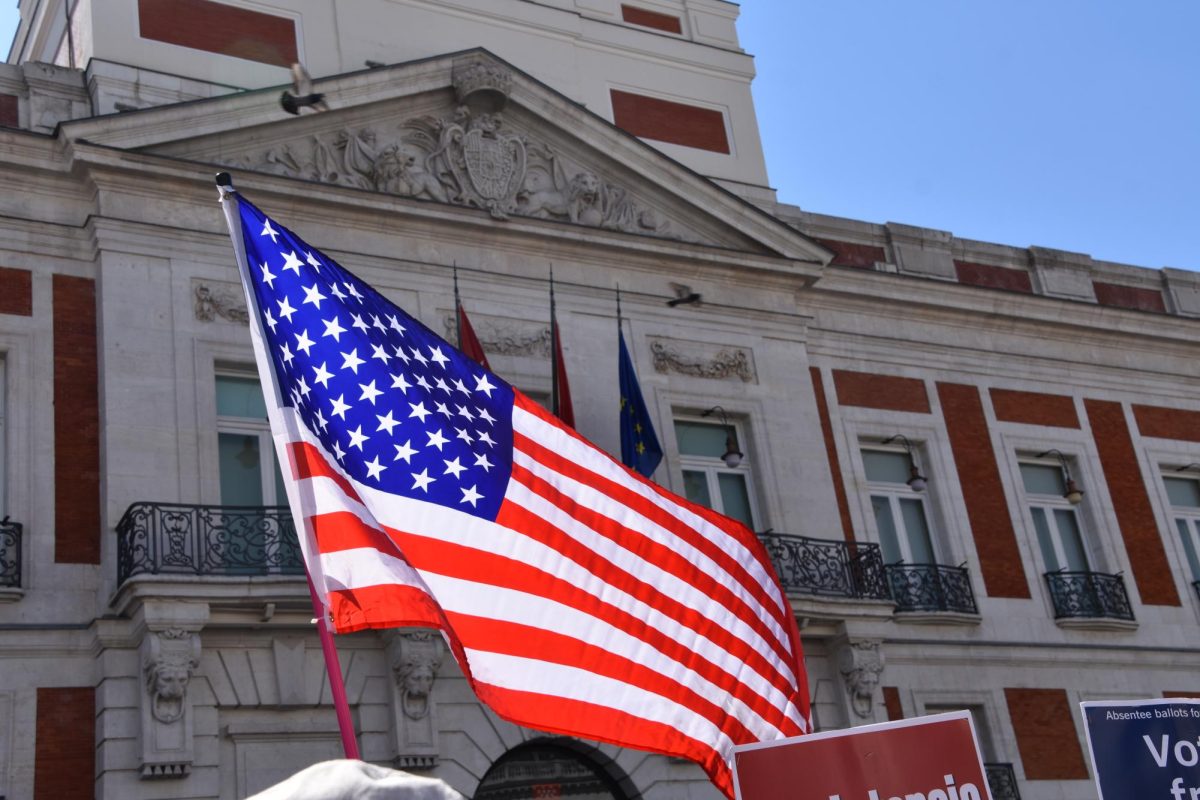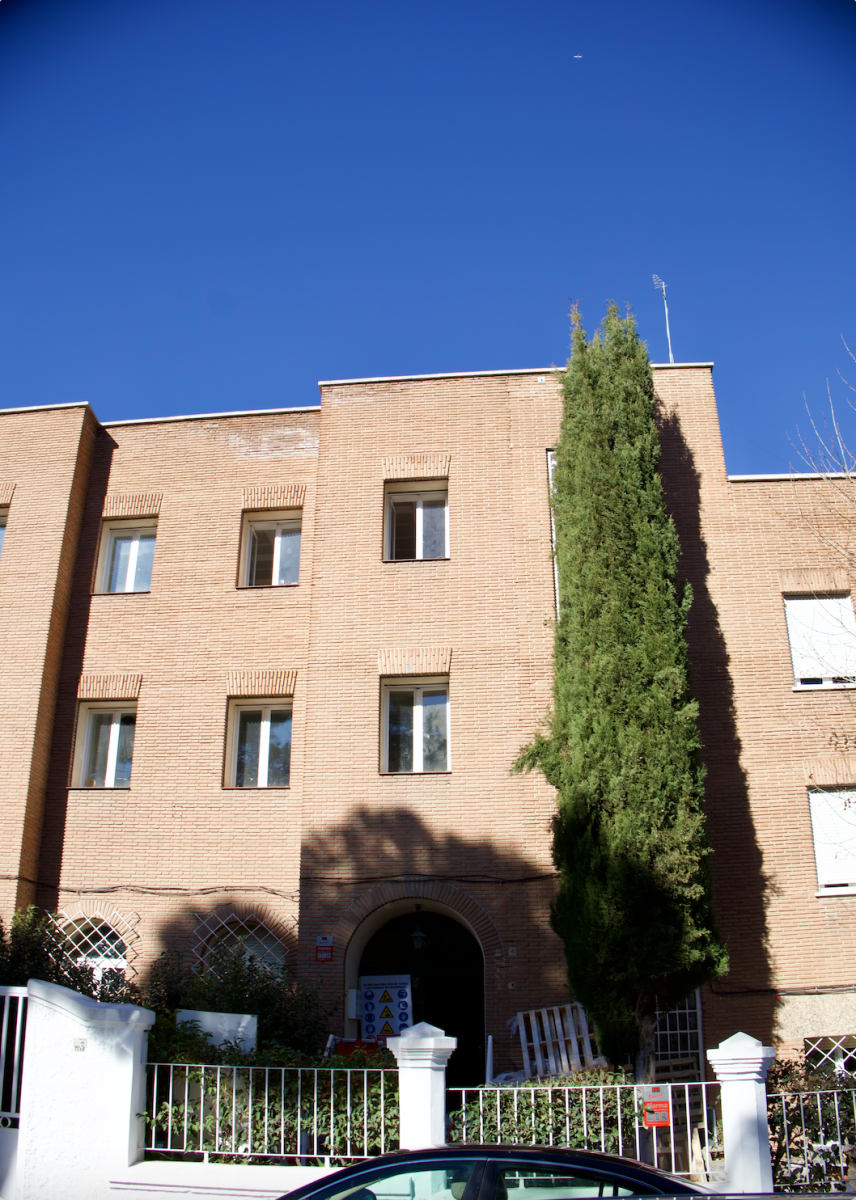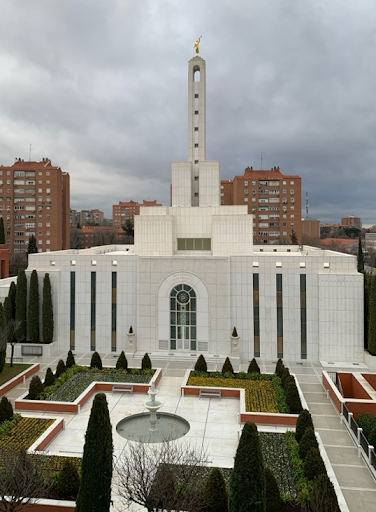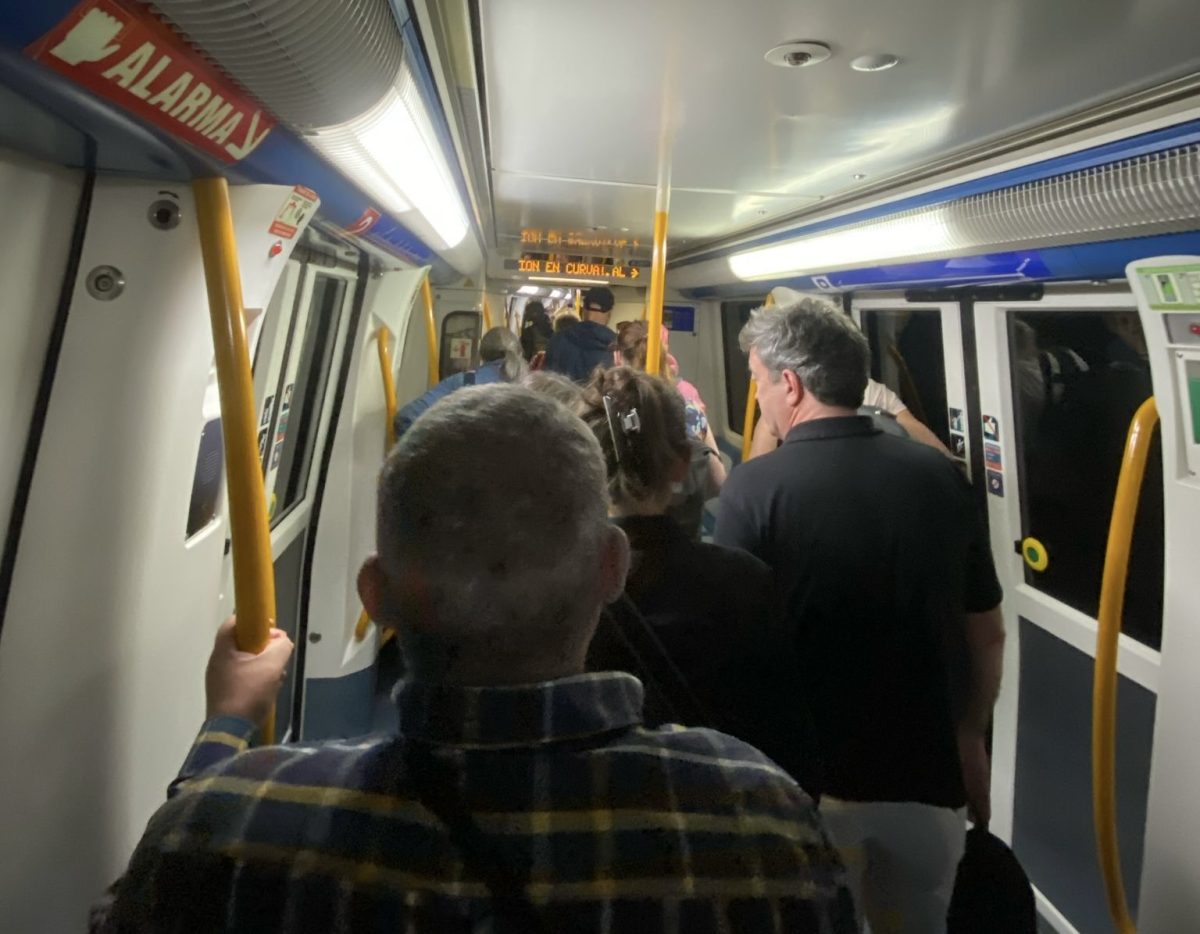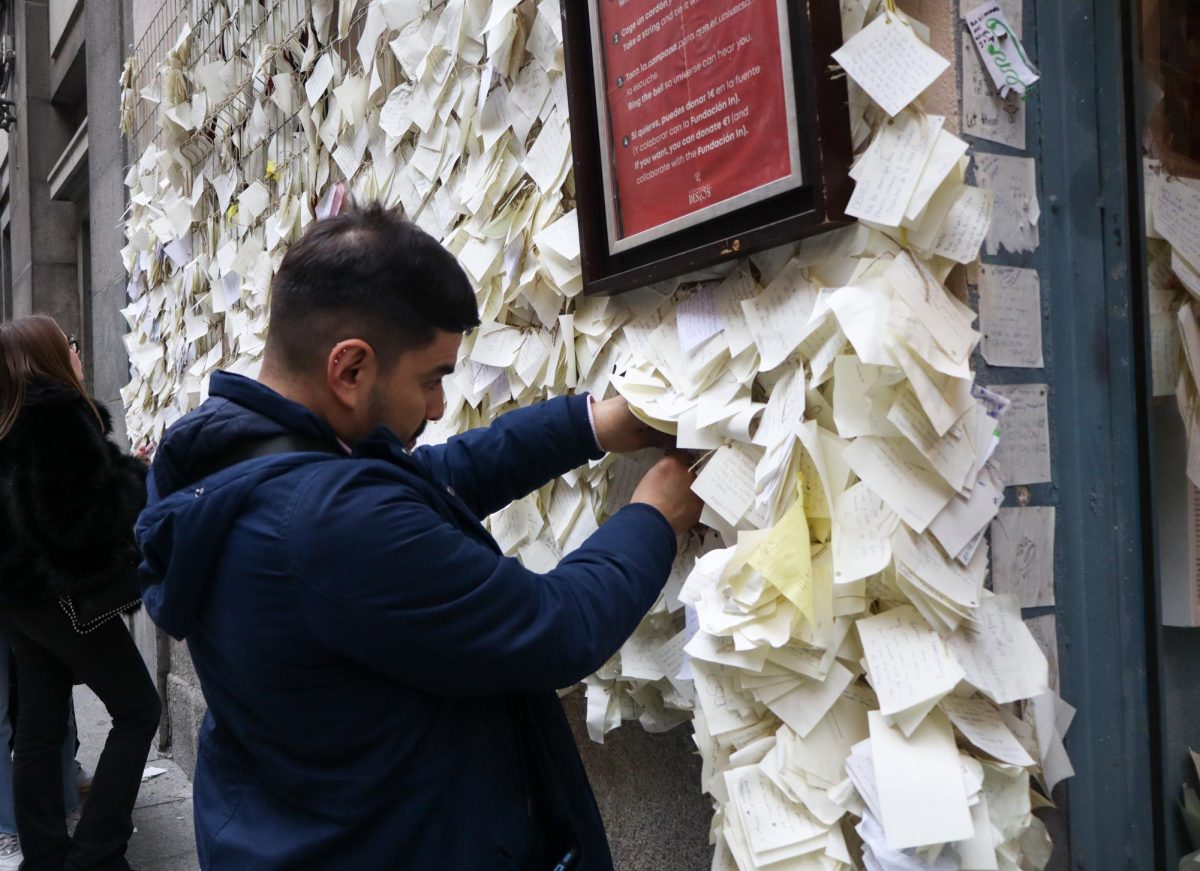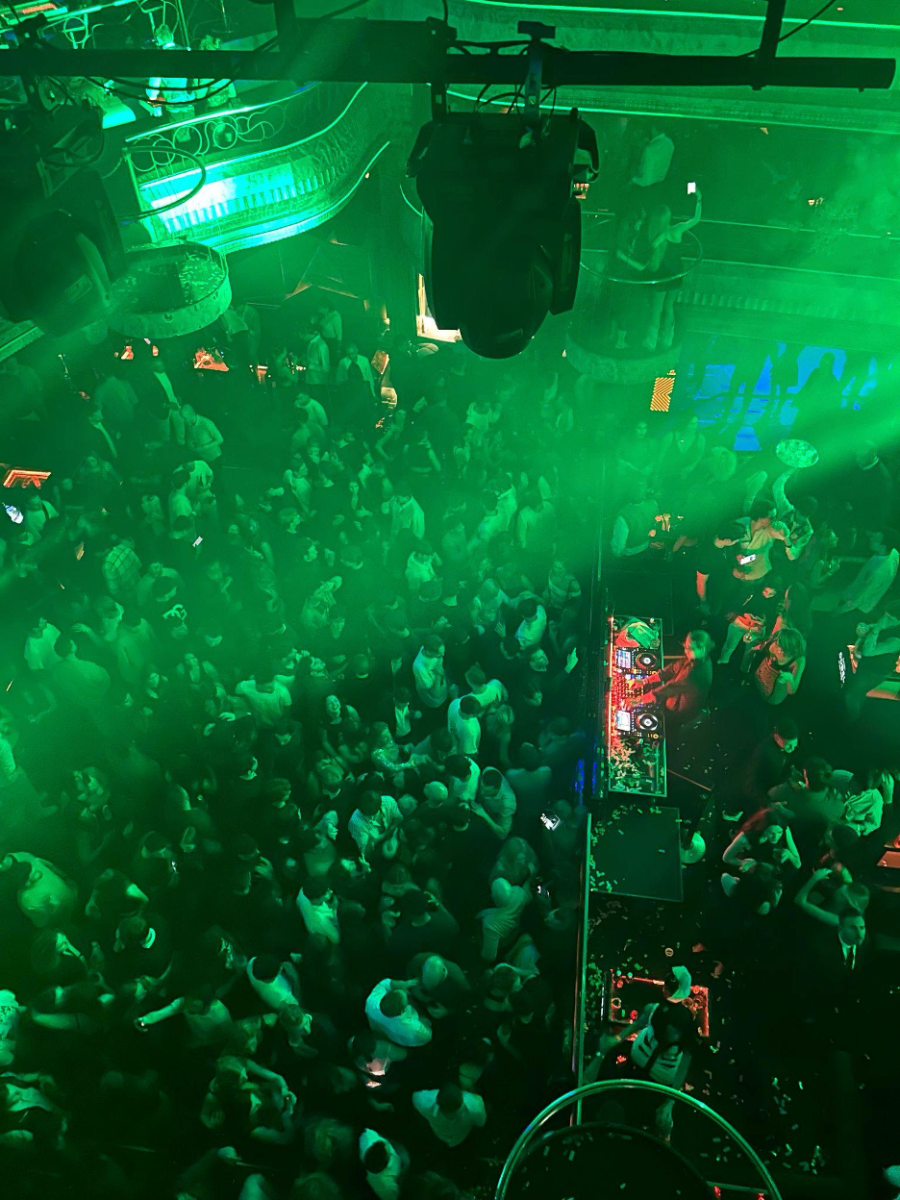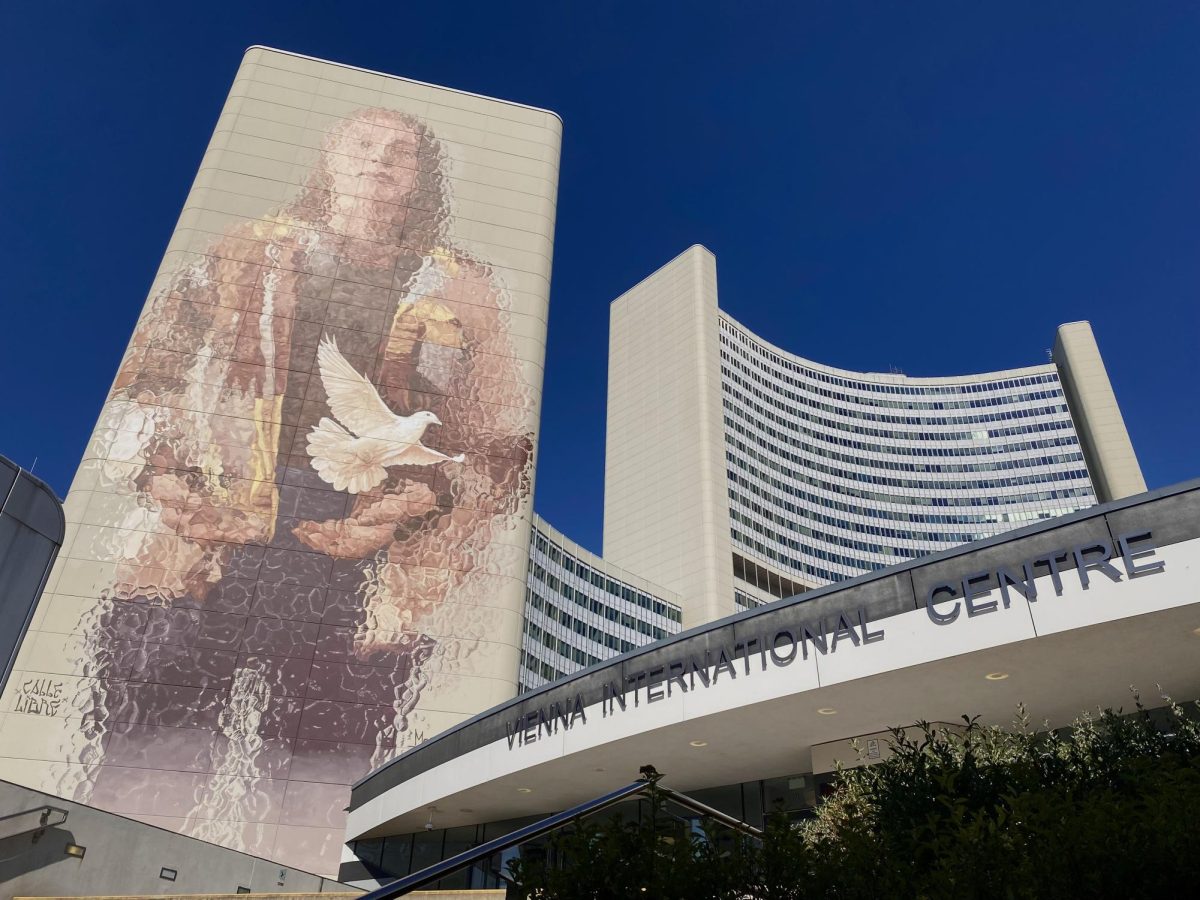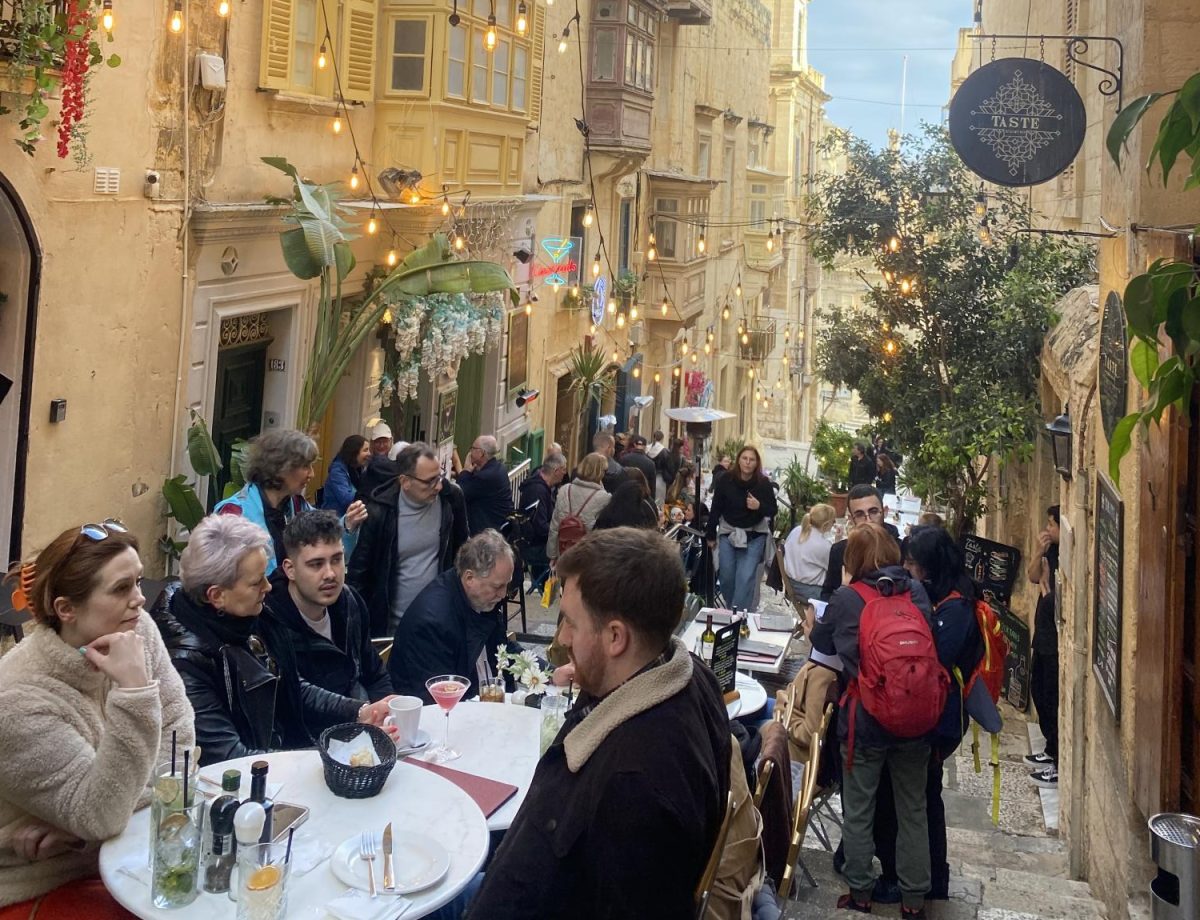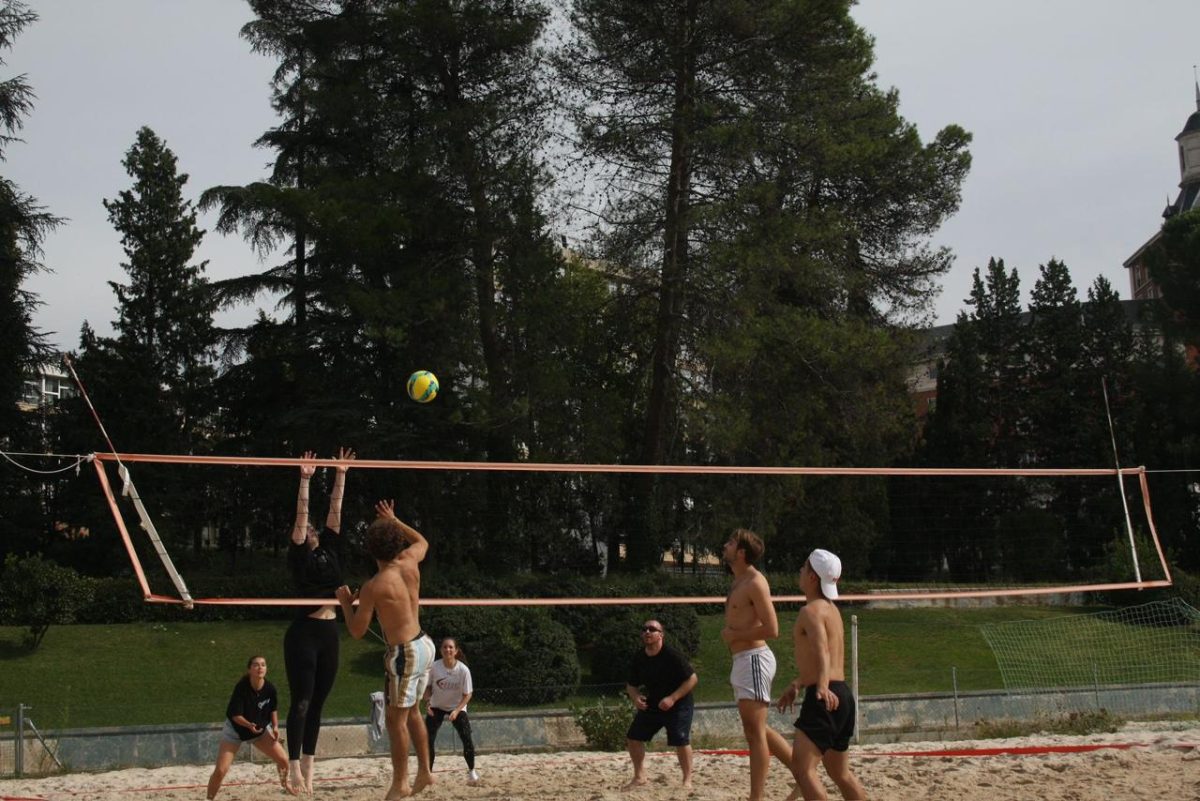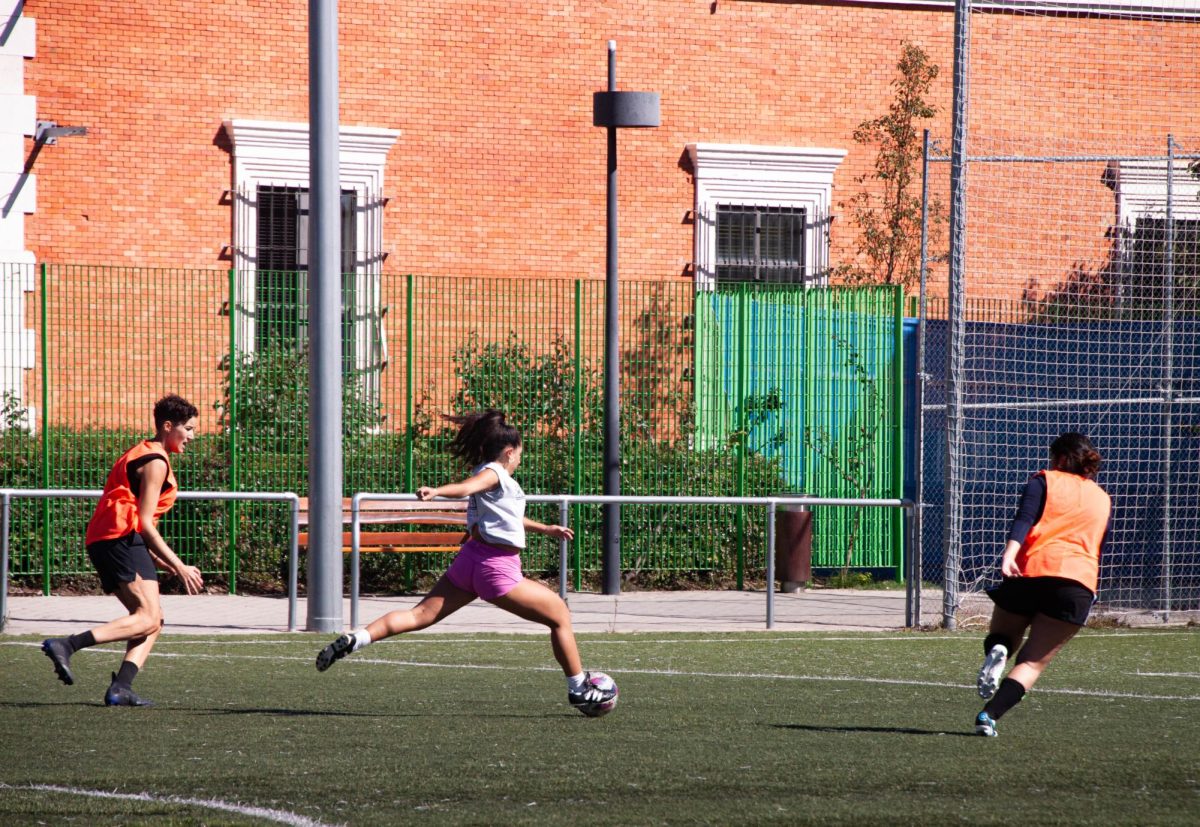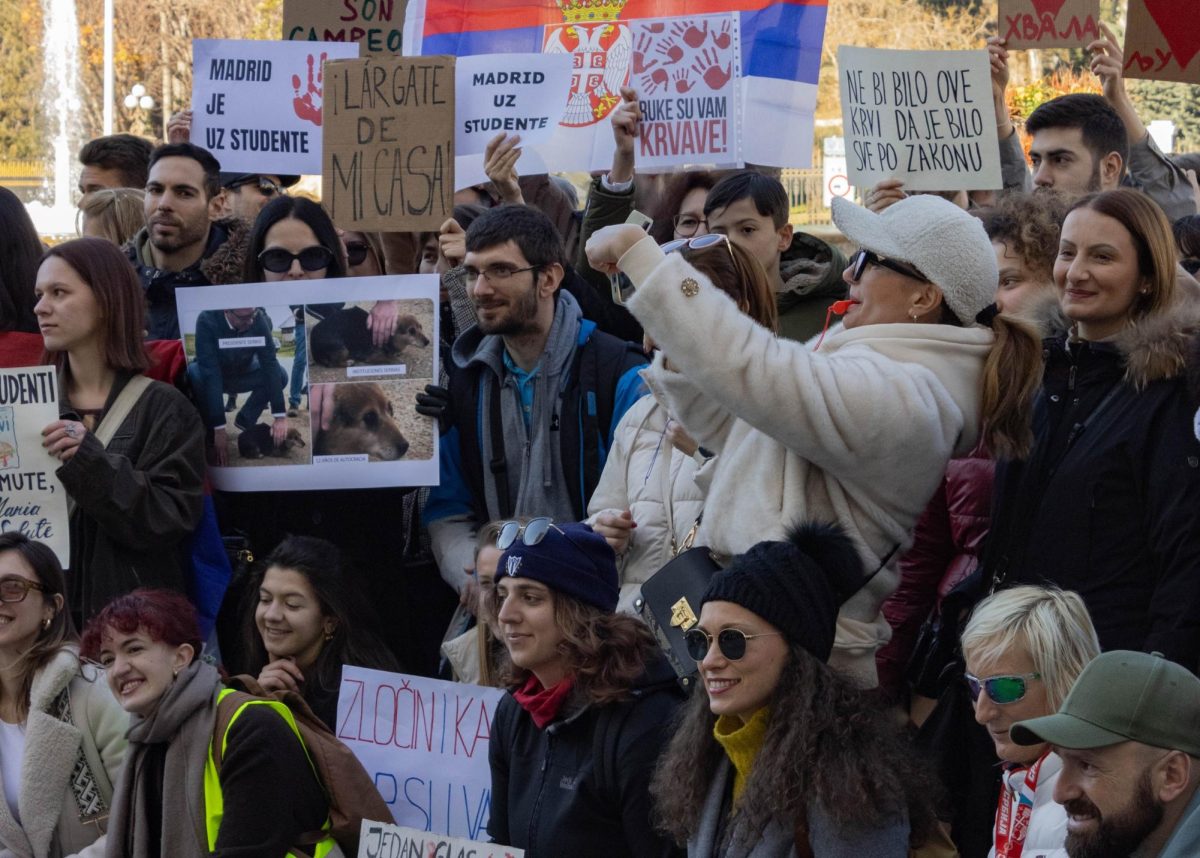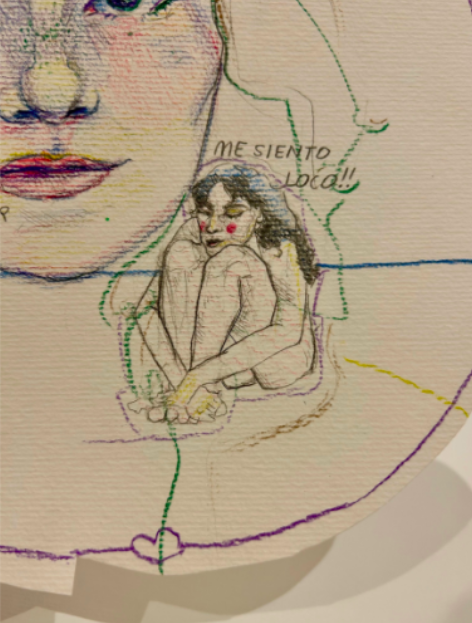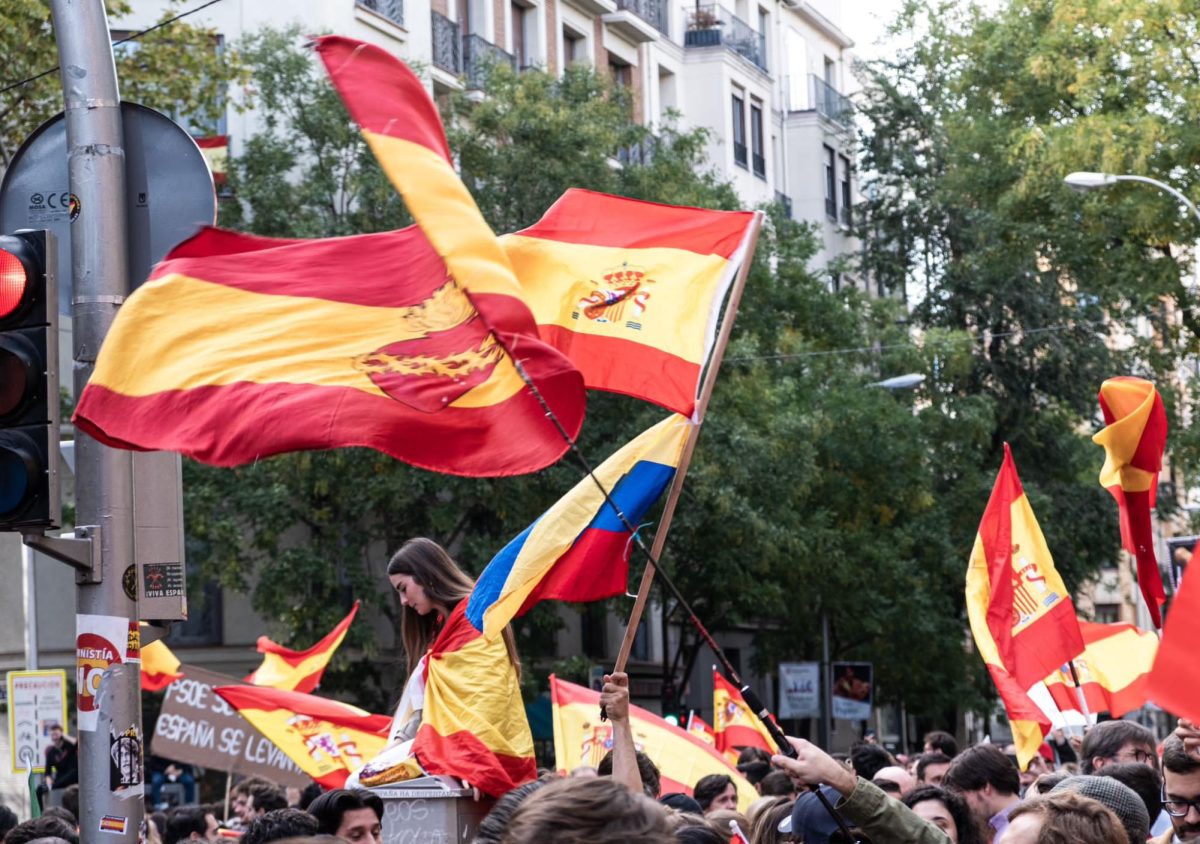Conservative Parties Protest Amnesty Pact for Leaders of Catalan Separatist Push
December 5, 2023
Thousands of Spanish voters flooded Madrid’s Puerta del Sol in November to protest an amnesty deal for Catalan separatists. Prime Minister Pedro Sanchez’s deal would pardon organizers of a failed Catalan secession bid, including its leader, Carles Puigdemont, who fled to Belgium.
“I voted for Sanchez in the [2019] elections,” said Miguel, a middle-aged protester who came with his wife and wished that his last name be withheld. “But we’re apolitical!” he said emphatically. In his view, this protest was not about parties or unions or NGOs but about ordinary Spaniards trying to protect the integrity of their country.
Sanchez, the Socialist Prime Minister, offered amnesty to high-ranking Catalonian Separatists — who orchestrated an independence referendum in 2017 in defiance of Madrid — to form a new coalition government and remain in power after losing ground in last August’s elections.
“We support forgiveness and dialogue,” said Sánchez in front of Congress, when he announced the deal.
And some Spaniards agree. “We have to stop following policies that led us to permanent confrontation,” said Pedro Pérez, a 86-year-old retired army officer. “We have to find solutions. Sánchez has improved the Spanish economy, he is a capable politician and that’s why the far right wants to end him.”
But the centre-right Popular Party, which received the most votes in the August elections — although not enough to form a new government — has accused Sanchez of utilizing executive powers improperly to gain political advantage and potentially fostering the separatists’ aspirations by pardoning their sentences.
The most common flag flown at the protest was the Spanish flag, but a few others could be seen as well: The flag of the European Union, flags with the logos of the Popular Party and Vox, a Pride flag, and a couple of Crosses of Burgundy: a white flag with a red x-shaped cross used by the 19th-century Carlists, who supported a conservative challenger to the Spanish throne.
“They are not Carlists,” said Miguel, referring to those carrying the Crosses of Burgundy. “The flag represents worldwide Hispanic unity. We carry the [Civil Guard] flag to show our solidarity,” he said. “We are not protesting the state, only the actions of the President,”added his wife.
They emphasized their respect for the authorities and the rule of law. Despite heated chanting and the entire occupation of the Sol square, the protest was peaceful and most people had left by 2:30 p.m.. In Calle Ferraz, however, four days of protests turned violent with many clashes between the police and protesters.
Another couple, who did not want their names to be used, also described themselves as apolitical. “The problem is the normalization of the situation with Sanchez,” they said. They didn’t hold a Spanish flags or chant but stood silently in solidarity with the rest of the protesters.
While many involved said they were apolitical and simply frustrated with what they consider the current Premier’s deal-making with what they consider “traitors,” others had far more pointed political goals.
“The goal is to have new elections and a new government,” said Belen Montes, secretary for Nuevas Generaciones, the youth wing/movement of the Partido Popular. “We’ve lost but we can get many parties to form a new government.”
When asked about the role of the Partido Popular in the protest, she said that although the PP had organized the speakers and mobilized their electorate, many others had showed up.
“You can see the Vox flag over there and I think there are even some PSOE voters around,” Montes said. “The problem is not the amnesty per se, but Sanchez utilizing it to subvert democracy.”
Mario Braojos, a doorman and handyman at No. 5 Puerta del Sol was unable to join the protests due to his job, “But I sympathize greatly with the demonstrations,” he said. “The peaceful ones,” he added with a wry smile. “Sanchez, lo respeto, but not the amnesty law, that will destroy democracy in Spain.” He saw Sanchez as the legitimate, democratically elected leader of Spain, but cannot stomach the amnesty law. “I believe it is unconstitutional. Now, you have jurists that say that it is and that it could be and so on.” He takes another drag of his cigarette. One of the main arguments in favor of amnesty, he said, is the General Amnesty Law of 1977, which occurred during the transition to democracy after the death of former dictator Francisco Franco.
“But the Amnesty of 77 was a general amnesty. Both sides, nationalists, and republicans, were pardoned. Without the amnesty, we could never have built the Constitution, which was established in 78, after the amnesty,” said Braojos. “Not like today. I think your average Spaniard opposes amnesty.”
In Braojos’ view, if amnesty passes, then fundamental the equality between the different regions in Spain is broken.
For some, the protests were just another part of their busy life. “No sabia!” said Fanny Sanchez, a barista in a coffee shop on Atocha, when asked about the protests. “I only know about the protests when they come in for coffee, but today I haven’t seen anything.” The protesters were like any other customers, “They were calm, and caused no problems. I heard them talk about [the protest] amongst themselves but they never talked to [the baristas].” According to her, they all carried Spanish flags and seemed to come from all walks of life. “There were those from 17 to much older. They were always a mix of people.”
Beatriz Suanzes, a law student, worries about people’s confrontation.
“My own family, friends, everybody is upset,” said Suanzes. “Why can’t main Spanish parties reach an agreement? It is just sad.”

